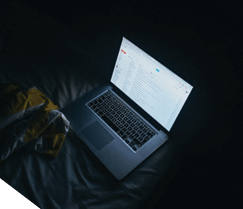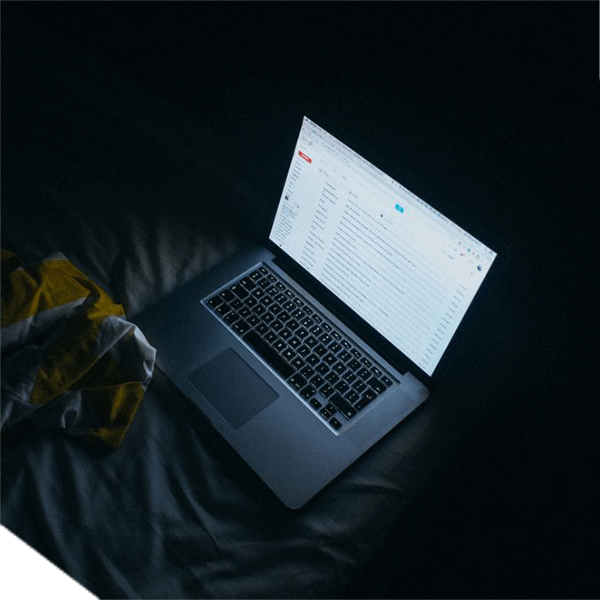
Gambling adverts past the witching hour
Why a daytime ban on gambling ads is missing a trick
Today’s news that the government is mulling a ban on daytime TV advertising by gambling companies to “protect children and the vulnerable” is extremely welcome. While gambling can be just a bit of fun, for a huge number of people with financial difficulties or mental health problems, gambling can be extremely dangerous. If you’re trying to break a gambling addiction, you need all the help you can get – and being bombarded by adverts can undo even the toughest resolve, especially when online gambling is just a click away.
But to be truly effective, the government needs to look not just a daytime – but night-time too. We assume that children are in bed by the watershed (9pm) and therefore it’s safe to advertise anything after that. But to protect vulnerable people we need to recognise another watershed: the time after which most people are in bed asleep, and those still wakeful are likely to be at risk in one way or another. They might be suffering from the insomnia characteristic of many mental and physical health problems. They may be drunk or intoxicated with drugs. They may simply be exhausted. At this time of day, our usual willpower is hugely diminished – so it’s the wee small hours when we need most of all to shut out the siren voices of the gambling operators.
We currently have a deeply perverse system in which Ofcom permits the public sector broadcasters to show gaming broadcasts – like TV roulette – between midnight and 6am, because (their ruling says) hardly anyone is awake at that time. They never stopped to consider who is awake at that time: it’s a time of day when vulnerability is at its peak. Rules should be tougher when people’s guard is down, not weaker, or the vulnerable end up being exploited to subsidise the viewing habits of everyone else.
In our research, a huge number of consumers with mental health problems have identified shopping and gaming by TV as a serious risk especially when broadcast during the late evening and night. Stories like these:
“It’s almost like [the adverts are] calling at you to have a look… Reminding me there are more retailers out there at night.”
“I’m more susceptible to ads, particularly targeted ads, when I’m up at night.”
In In Control – our consultation on helping people with mental health problems control their spending – we suggest new rules to allow consumers to block all kinds of TV retail and gaming from their Freeview box, and explore the case for a change to Ofcom rules on late night gaming and advertising. You can send in your views on these ideas – and others – by emailing us at [email protected].
